Artificial intelligence is now integrated into nearly every consumer technology, with platforms like ChatGPT, Apple Intelligence, and Google Gemini handling everything from search to reminders. However, most of this processing still happens in the cloud, raising concerns about privacy and user control. Gaia, a decentralized AI ecosystem, is positioning itself as a solution to this challenge by prioritizing data sovereignty and on-device AI processing.
Gaia’s ecosystem includes Gaia Domain, Gaia Agents, Gaia AI Chat, Edge OSS, and the recently launched Gaia AI Phone. Unlike cloud assistants, Gaia ensures that all AI operations remain on a user’s device, eliminating the need to transmit sensitive information externally. Co-founder Sydney Lai explained that Gaia allows individuals to own their AI instances, enabling personalized learning and workflows without sacrificing privacy. This commitment sets it apart from “one-size-fits-all” platforms like Siri or Gemini.
A standout feature is Gaia Chat’s offline functionality. It can run seamlessly in airplane mode, maintain conversational history, and process sensitive data such as financial or health information without internet dependency. This makes Gaia valuable for professionals in healthcare, law, and therapy who face strict compliance requirements.
Gaia’s AI Phone doubles as a network node, allowing users to earn GAIA tokens by contributing to decentralized AI inference. Earnings depend on specialization, rewarding unique knowledge bases over raw computing power. Its cryptoeconomic design includes staking, slashing, and “Purpose-Bound Money” to balance supply and demand while ensuring decentralization.
To prevent centralization, Gaia integrates DAO governance, multi-layer decentralization, and NFT-based digital property rights for models and knowledge bases. Additionally, its architecture supports region-specific compliance, with cryptographic logs proving regulatory adherence without exposing user data.
Looking ahead, Gaia plans to launch an AI agent deployment interface in Winter 2025, simplifying automation through conversational interactions and progressive onboarding. By combining privacy, personalization, and decentralization, Gaia positions itself as a true alternative to cloud-driven AI, reframing AI as a tool for individual empowerment.





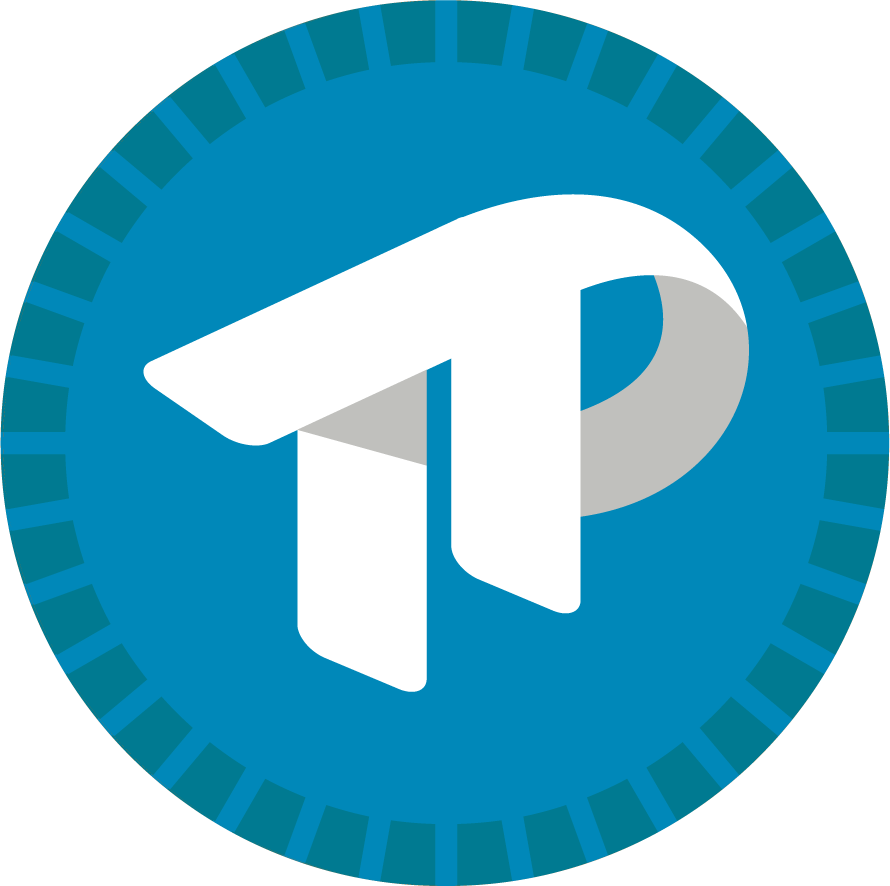




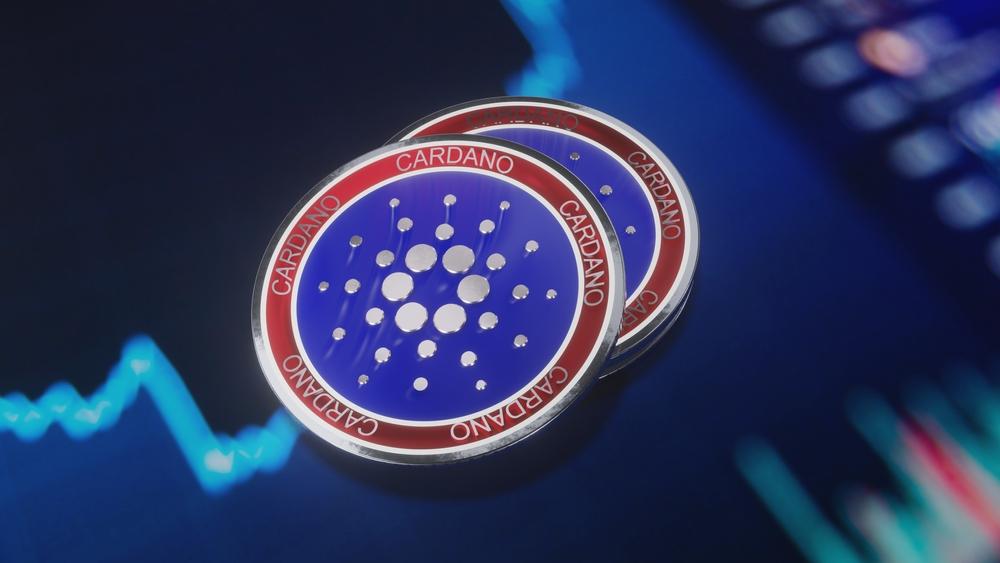

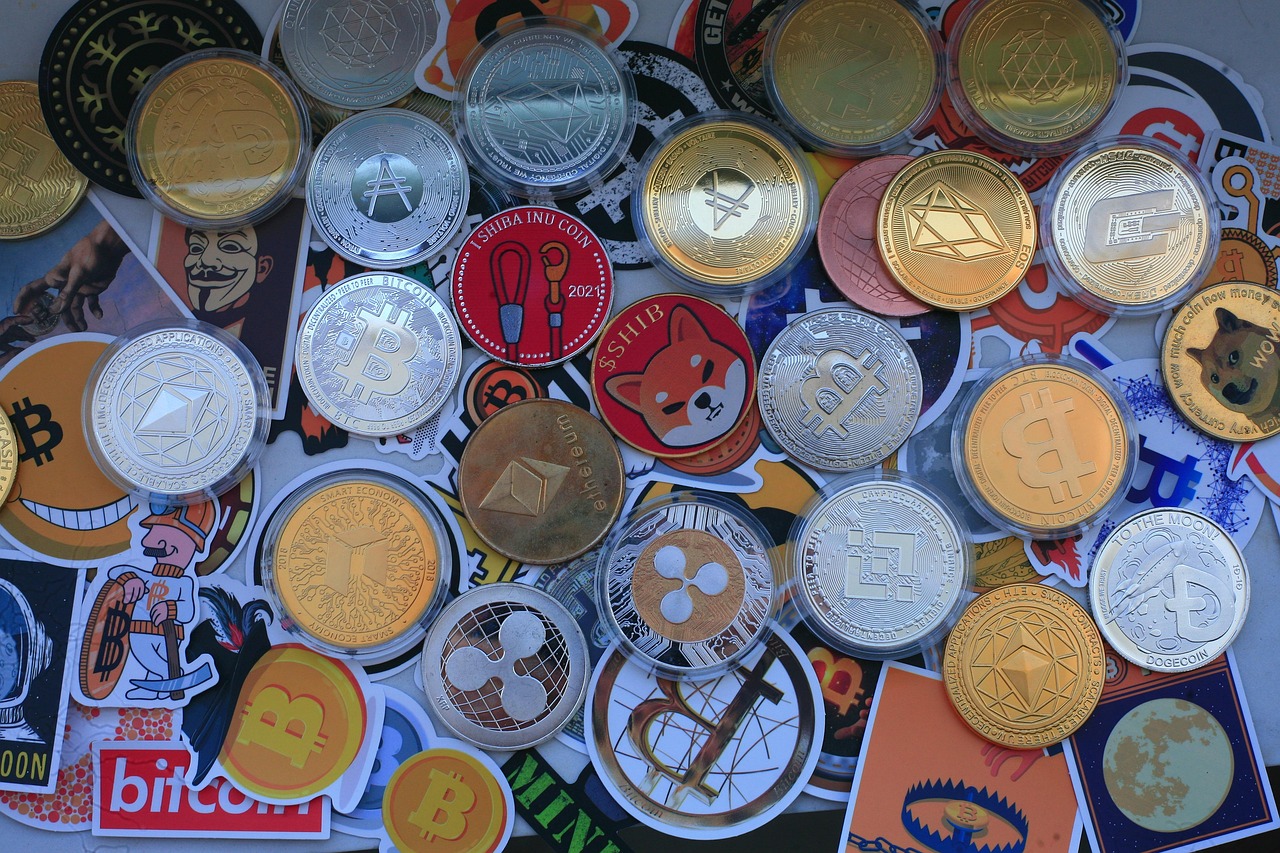



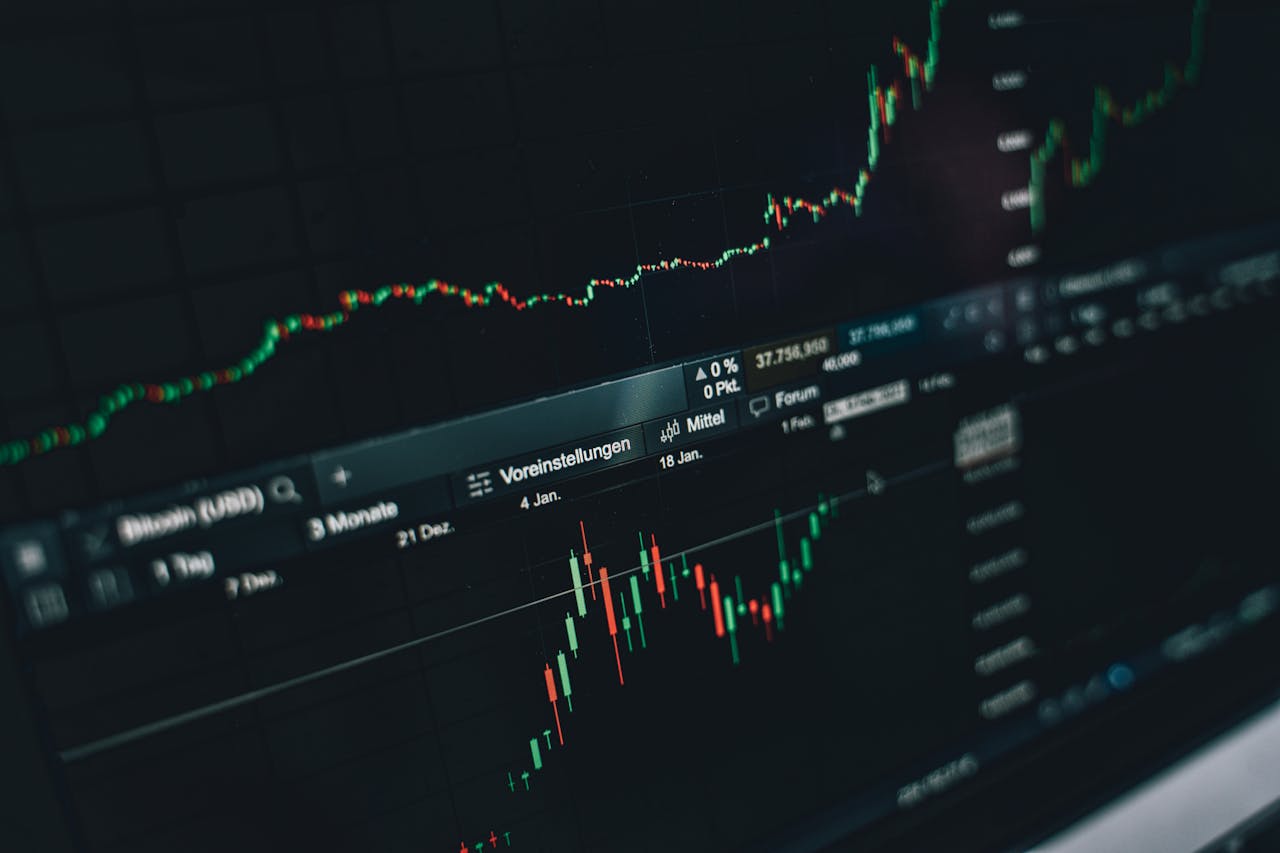
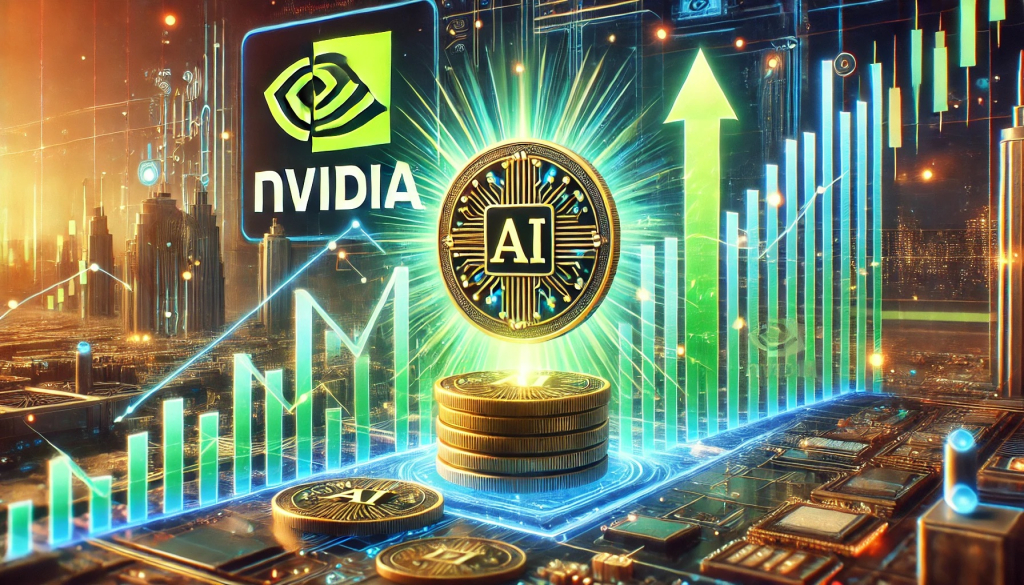



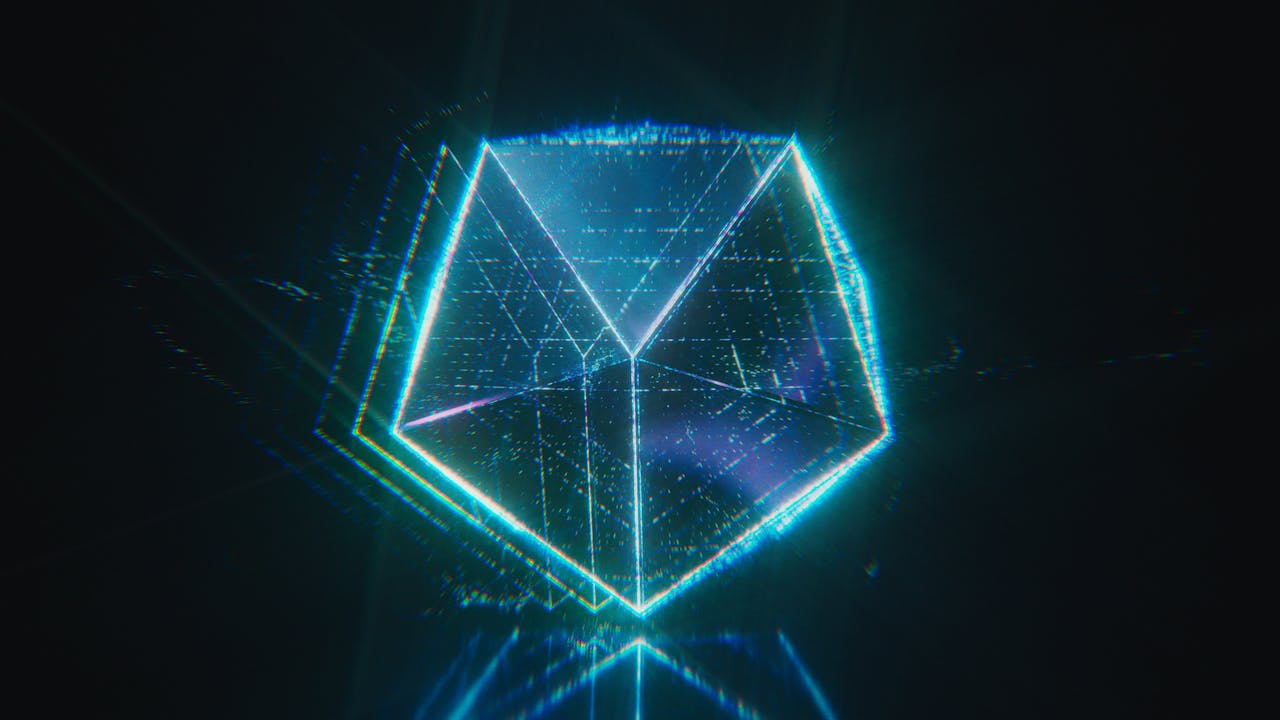





Comment 0